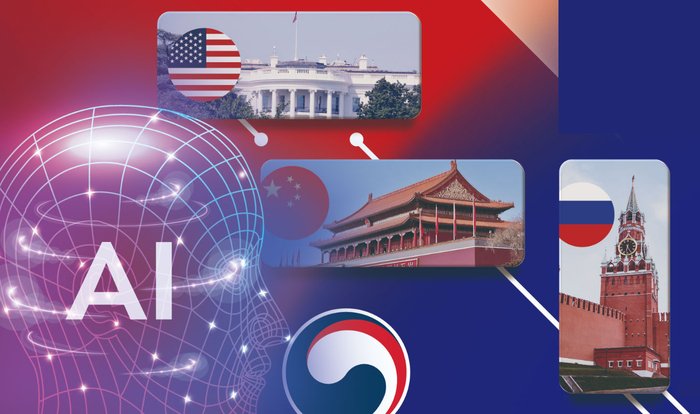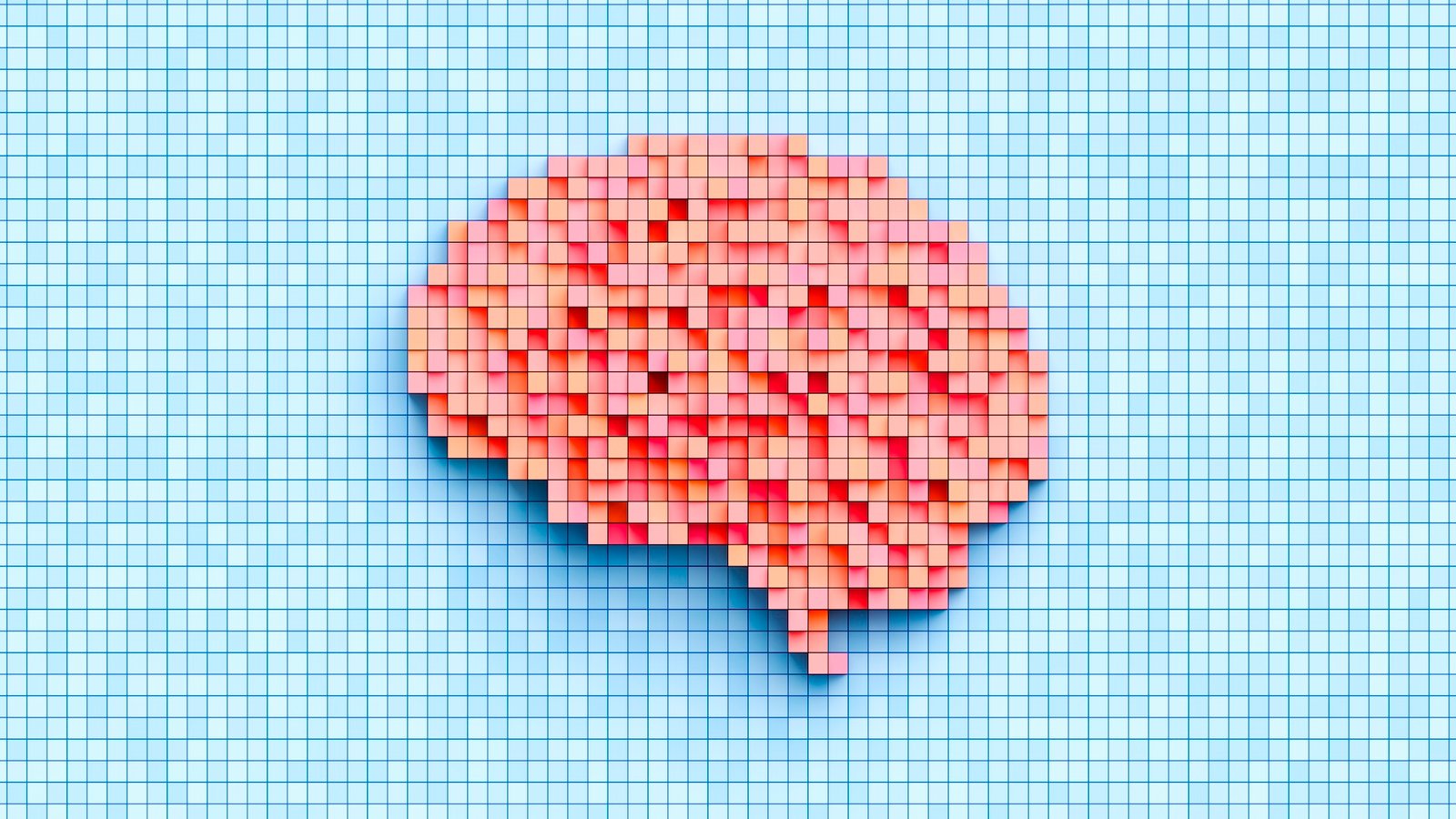“AI will also plan diplomatic strategies.” The Ministry of Foreign Affairs’ first operation of AI ‘Moffai’ since November. In order to prevent hallucinations by reducing core business hours by 40% like ChatGPT, the government will detect false information and play a role as a chatbot by expanding the functions step by step
The Ministry of Foreign Affairs will introduce ‘MOFAI’, a generative artificial intelligence (AI) from November. This is the first time that the Lee Jae-myung government, which advocates the “AI government,” has built its own AI on a ministry-level basis and applied it to field work. The Ministry of Foreign Affairs’ English abbreviations ‘MOFA’ and ‘AI’ were combined to give the name Moffai.
Moffai, which will be used first for collecting, summarizing, and writing diplomatic documents, will be greatly upgraded to the level of analyzing information and presenting diplomatic strategies or establishing a network of people from each country from next year.
According to the Ministry of Foreign Affairs’ “Three-Year Plan for Building an Intelligent Diplomatic Security Data Platform” obtained by the Maeil Business Newspaper on the 31st, the Ministry of Foreign Affairs completed the first phase of the “Work Support” AI construction. This means that the construction of a large language model (LLM), called AI’s “brain,” has been completed. The project consists of three stages based on the level and function of AI. Based on the first stage of AI, the second stage will be equipped with ‘policy decision’ and the third stage will be equipped with ‘national service’.
![Ministry of Foreign Affairs plans to build AI 'Moffai' project [Photo = Ministry of Foreign Affairs]](https://aistoriz.com/wp-content/uploads/2025/08/news-p.v1.20250831.4dea9c4fa4f5497ca873d111bc4ed6a3_P1.png)
The Ministry of Foreign Affairs will test-run Moffai in some departments from November. Because Moffai is based on confidential information inside the Ministry of Foreign Affairs, limited departments utilize Moffai first. Reflecting the feedback from employees raised during the pilot operation period, the time when Moffai will be distributed to the entire department is scheduled for January next year.
Generative AI Moffai, which works by asking and answering questions like ‘Chat GPT’, is expected to be mainly used for collecting and summarizing diplomatic documents. Diplomatic documents are common names for documents that the headquarters communicate with overseas missions, private documents related to consultations with foreign countries, and trend analysis reports. Collecting and summarizing documents is the main task of Korean diplomats worldwide. It is possible to establish a diplomatic strategy in the future only when we thoroughly understand how far we have discussed a specific topic with the other party, what are the other party’s demands, and what our response and results were.
In fact, diplomats spend a lot of time sending the full text and analyzing it. In particular, as all diplomatic documents, including the full text, have become electronic documents, it takes more time to collect and analyze the full text. This is because in the past, the full text of similar issues was grouped together in a documentary format, but now it is scattered with individual data.
According to the Ministry of Foreign Affairs, the introduction of Moffai is expected to reduce the time it takes to collect, analyze, and write reports professionally by about 40%. As a result, diplomats are expected to spend more time on tasks that require creativity. In particular, diplomats in diplomatic missions are expected to spend less time writing reports, allowing them to focus on external networking.
Moffai supports eight languages for now. Unlike general-purpose AI, professional diplomatic terms are entered into LLM. Interpretation and analysis of diplomatic documents from other countries and communication through documents with diplomats from other countries can be facilitated. They will also be able to draft speeches in various languages. After the update, about 23 foreign languages will finally be supported.
The second phase of Moffai, which is scheduled to be released next year, is a “strategic AI” to help make policy decisions. Self-detecting trends in diplomatic issues and presenting diplomatic strategies and ideas. The goal is to analyze the relationship between diplomatic figures and provide ‘talking points’ with specific people. It also plans to install a function to detect false information.
Mofia learns on its own by reflecting the opinions of its users, diplomats. Mo-Fi gradually learns the decision-making structure and way of thinking of diplomats. For high-quality ‘training’, the Ministry of Foreign Affairs operates a ‘prompt (command) library’.
However, the government is also paying attention to ‘AI hallucinations’. AI hallucination refers to a phenomenon in which AI provides incorrect information. Humans do not answer in uncertain situations where there is no information or related data is intricately intertwined, but AI comes up with plausible answers. Diplomatic expertise is likely to cause AI hallucinations because it is difficult to grasp the meaning if you do not know the situation and context.
Kang Geun-hyung, information management planning officer at the Ministry of Foreign Affairs, said in an interview with Maeil Economy, “We have introduced a two-track verification method to prevent accidents such as errors.” Moffai must indicate the source and the risk of error under all answers. “Unlike other general-purpose AI, Moffai does not answer unless there is a source,” said Kang, “In the case of verification AI, it is a Generative AI designed with a different logical structure, and the different answer from ‘main AI’ is judged as a risk of error and presented the figure to users to induce confirmation.”
Another task to solve is that internal information from the Ministry of Foreign Affairs has different access rights depending on the position. Diplomats who collect and analyze the full text and make reports may not have access to certain information. In other words, a group that can maximize the efficiency of Moffi cannot use Moffi’s performance to the maximum. Confusion is also expected if Moffai’s answer varies by position.
“We are conducting in-depth discussions internally,” Kang said. “There are opinions that employees who meet strict conditions through thorough personal log management should be partially released from access to information.” Regarding concerns about confidential leakage, he said, “Moffi only works on the internal network and can only be used by individuals authorized to access through the national cryptographic system. Data distributed on the internal network is also encrypted and an automatic monitoring system for individual users is also established.”























